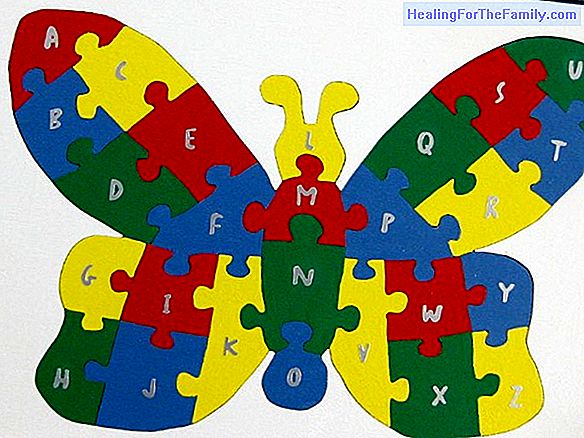The incompatibility of the blood group in pregnancy
Rh incompatibility between the mother and the baby occurs when the pregnant woman has an Rh negative factor and the baby has it positive because she inherits it from the father at the moment of conception . In these cases, the blood of both are put in contact and the body of the mother can generate
Rh incompatibility between the mother and the baby occurs when the pregnant woman has an Rh negative factor and the baby has it positive because she inherits it from the father at the moment of conception . In these cases, the blood of both are put in contact and the body of the mother can generate antibodies against the Rh of the baby.
That is, the mother's system generates antibodies that attack fetal blood cells, destroy their red blood cells and cause anemia in the fetus.
What to do if the blood of the baby and the mother have different Rh

The contact between the blood of the baby and the mother can occur throughout the pregnancy, when the baby is exposed to the mother's blood due to some type of hemorrhage , or during delivery.
This incompatibility has no symptoms and only a clinical analysis made during pregnancy will inform the doctor of this fact. The treatment that is usually carried out is a vaccine for the mother that is administered around the 28th week of pregnancy, it is a vaccine called Rh immunoglobulin que, which prevents the mother from generating antibodies against the newborn. In addition, during the moment of delivery the medical staff will be pending to assess a possible complication in the baby.Doctors recommend a preconception visit so that the expectant mother knows her blood type before pregnancy. This way, the gynecologist will be able to evaluate the treatment more adapting and to take a more strict control.
If the mother is also pregnant with her second baby, care should be taken because sensitization increases with each pregnancy. The mother's antibodies can cross the placenta and attack the baby's blood if it is Rh positive and has a higher risk of the baby being born with anemia or in extreme cases, intrauterine death due to anemia.
If the gynecologist observes that the baby suffers from anemia and considers that it needs treatment, they could induce labor if it is in the last weeks or if the case requires it, perform a transfusion of blood through the umbilical cord.












